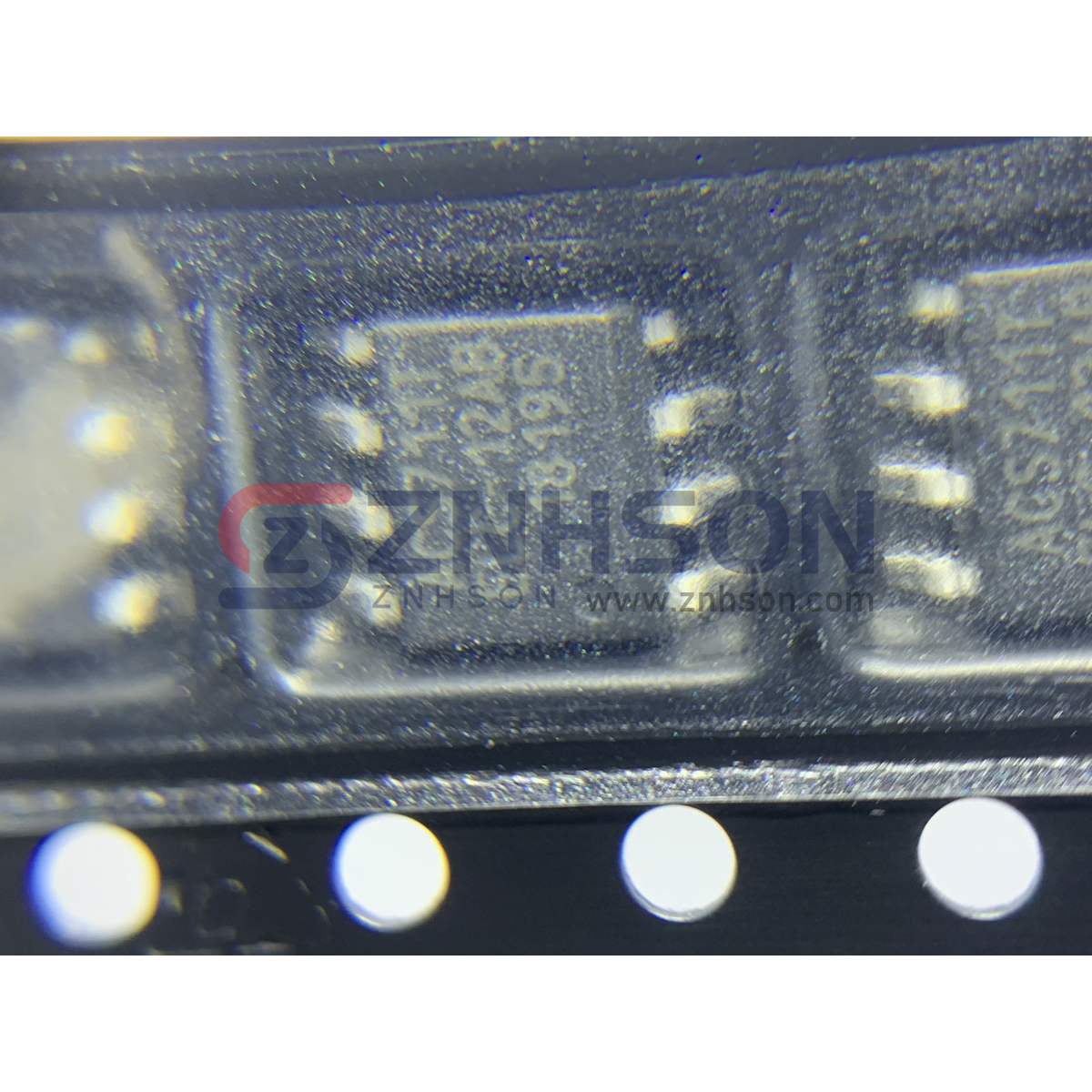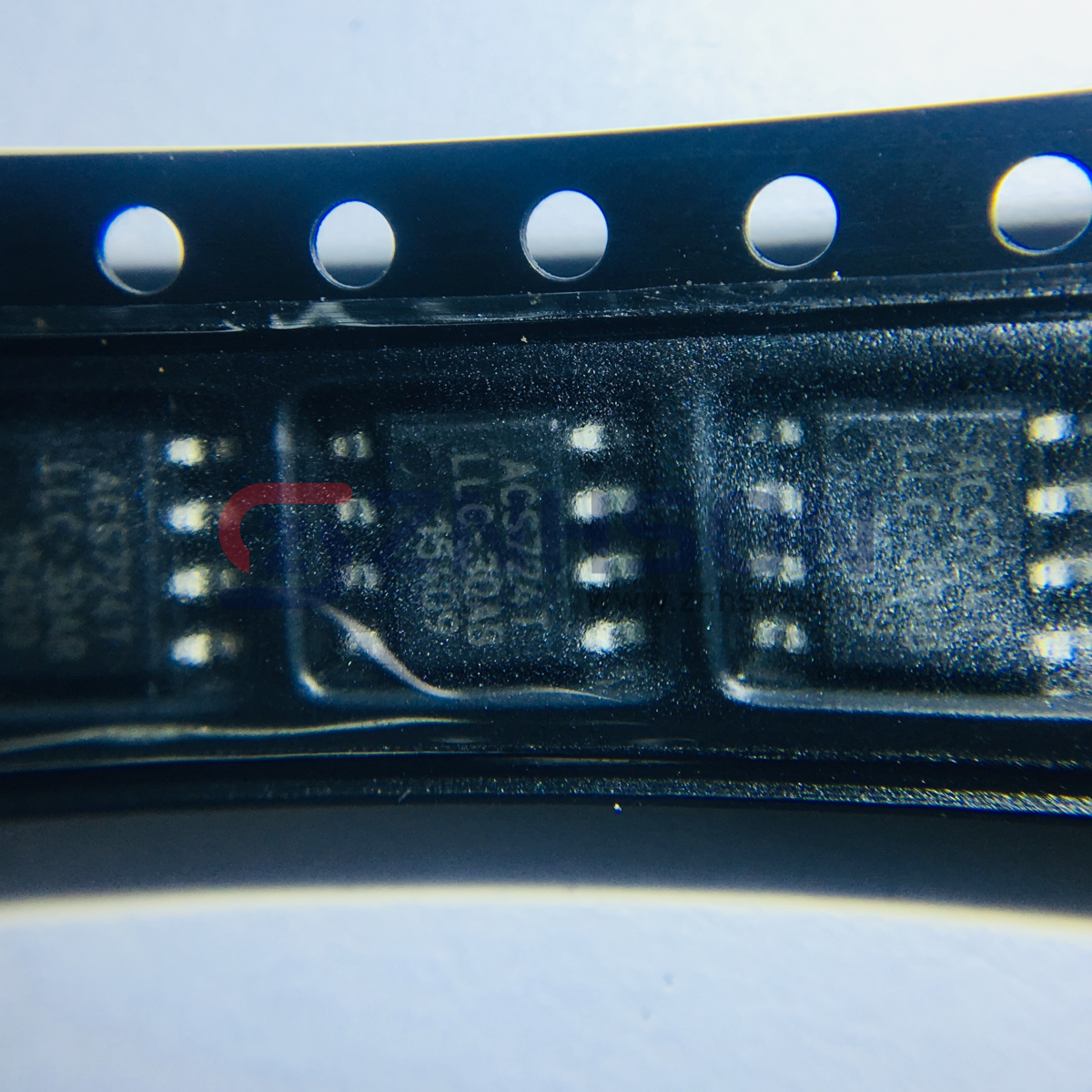Current Sensors

Current Sensors
Current Sensors
Definition:
Current sensors are specialized devices designed to detect and measure electric current in a circuit, converting it into a measurable output signal such as a voltage or digital data. These sensors are essential for monitoring, control, and protection in various electrical and electronic systems, ensuring efficiency, safety, and precise performance.
Types of Current Sensors:
1. Hall Effect Sensors: Utilize magnetic fields to measure current without direct contact, ideal for AC/DC applications with high isolation.
2. Shunt Resistors: Low-cost, direct measurement via voltage drop across a resistor, suitable for low-current applications.
3. Rogowski Coils: Flexible, air-core coils for measuring AC currents, offering high linearity and wide frequency range.
4. Current Transformers (CTs): Used for high AC current measurements, providing galvanic isolation and high accuracy.
5. Open-Loop & Closed-Loop Sensors: Open-loop for cost-effective solutions; closed-loop for high precision and fast response.
Purchasing Recommendations:
- Accuracy & Range: Select a sensor with appropriate accuracy (% error) and current range (mA to kA) for your application.
- Output Type: Match the output (analog, digital, or PWM) to your system s requirements.
- Isolation & Safety: Ensure sufficient isolation voltage for high-power systems to protect downstream components.
- Environment: Consider operating temperature, humidity, and EMI resistance for harsh conditions.
- Certifications: Look for industry standards (UL, CE, RoHS) to guarantee reliability and compliance.
Current sensors are critical for energy management, automotive systems, industrial automation, and renewable energy. Choosing the right type ensures optimal performance and longevity of your electrical systems.




















